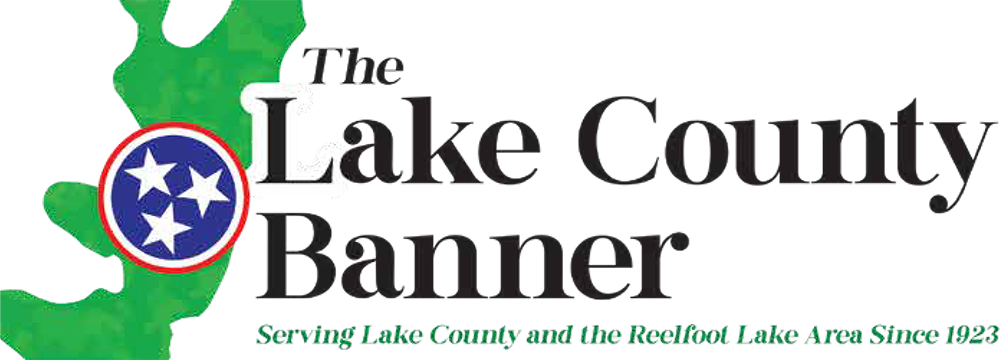Ad Veritas: Keep reading, kids (and adults)
Summer: a season synonymous with sunshine, relaxation, and for our children and students - a long-awaited break from the classroom. While a respite from the routine can bring a refreshing change, it’s important to be mindful of the ‘summer slide’ - a phenomenon where students can lose the academic ground they gained during the school year. But learning loss isn’t exclusive to the young. Even after our formal school days have concluded, the need for continuous learning remains paramount. In a world that never stops changing, lifelong learning is no longer a luxury, but a necessity for personal growth and career development.
Several studies demonstrate that students, especially those from low-income backgrounds, can lose about one month of learning over the summer. This column will delve into the importance of continual learning, not just for children during the summer months, but for adults as well.
This concept was brought fresh to my mind by my kids. While we homeschool through our local Classical Conversations program, our academic calendar follows roughly the same schedule as public and private schools. Last week our kids went to the local library and picked up a stack of books that take up a full shelf. When I came home from work, they were excited to show me the books they’d brought home and even more excited to say they’d already read through a couple of them, telling me what they were about. They’re earnestly making their way through the stacks of books and cautiously noting on their summer reading logs the books they’ve read.
I’m thankful for the opportunity we have with such a great library (something often taken for granted). The thousands of books available to pick up and take home for free provides an opportunity for children of any background to enrich their lives through reading.
Meanwhile, on the adult end of the spectrum, the habit of learning often becomes lost in the shuffle of responsibilities and routine. Yet, the ability to learn and adapt is arguably more vital now than ever before. Rapid advancements in technology and evolving socio-economic dynamics mean that skills and knowledge need constant updating. Lifelong learning has become an essential tool for career success and personal growth.
Take, for example, the rise of online courses and workshops. Platforms like Coursera, edX, and LinkedIn Learning offer a wealth of knowledge across diverse fields. One of my favorite platforms is Wondrium (formerly Great Courses) where there is a wealth of professionally produced lecture series from award-winning college professors. From mastering digital marketing strategies to understanding the intricacies of behavioral psychology, these platforms can help adults continue their education at a pace that suits their lifestyle. And it’s not just for work - learning a new language, exploring the world of photography, or understanding the basics of gardening can enrich your life in unexpected ways.
Just as our kids make their way through stacks of library books, we adults too can benefit from making our way through stacks of new knowledge. The resources available are extensive and often free or low cost. There are webinars, podcasts, online courses, and community workshops available at our fingertips. Many public libraries even offer free resources for adults, including language learning platforms, online courses, and book clubs.
Perhaps the best thing parents can do to encourage their children to be excited about learning is to lead by example. If the parents love to learn and are committed to lifelong learning, then the kids will be too. This also goes for Bible study. Kids that observe their parents in personal Bible study at home will be 100 times more interested in learning the Bible. Home Bible study, both as a family and individually, will show the kids that Bible study isn’t just an activity for Sunday school.
In the words of Henry Ford, “Anyone who stops learning is old, whether at twenty or eighty. Anyone who keeps learning stays young.” Let’s stay young this summer, shall we?





